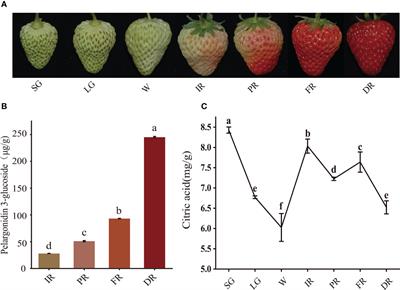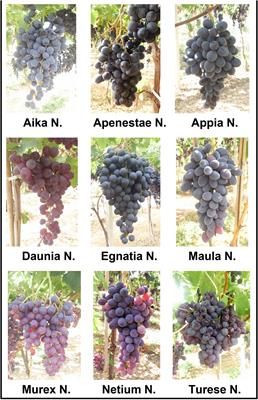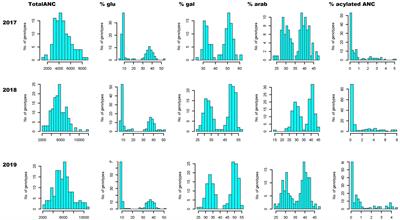EDITORIAL
Published on 23 Jun 2023
Editorial: Emerging approaches for enhancing nutritional quality of berries
doi 10.3389/fpls.2023.1227185
- 1,006 views
4,561
Total downloads
19k
Total views and downloads
Select the journal/section where you want your idea to be submitted:
EDITORIAL
Published on 23 Jun 2023
ORIGINAL RESEARCH
Published on 04 Apr 2023

ORIGINAL RESEARCH
Published on 11 Jan 2023

ORIGINAL RESEARCH
Published on 09 Dec 2022

ORIGINAL RESEARCH
Published on 23 Sep 2022

ORIGINAL RESEARCH
Published on 02 Sep 2022

ORIGINAL RESEARCH
Published on 25 Mar 2022

